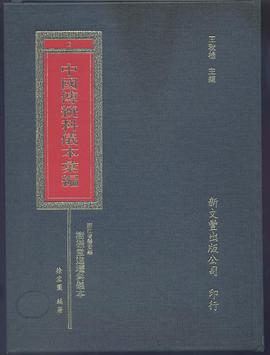

具体描述
This book presents a new and controversial theory about dialect contact and the formation of new colonial dialects. It examines the genesis of Latin American Spanish, Canadian French and North American English, but concentrates on Australian and South African English, with a particular emphasis on the development of the newest major variety of the language, New Zealand English. Peter Trudgill argues that the linguistic growth of these new varieties of English was essentially deterministic, in the sense that their phonologies are the predictable outcome of the mixture of dialects taken from the British Isles to the Southern Hemisphere in the 19th century. These varieties are similar to one another, not because of historical connections between them, but because they were formed out of similar mixtures according to the same principles. A key argument is that social factors such as social status, prestige and stigma played no role in the early years of colonial dialect development, and that the 'work' of colonial new-dialect formation was carried out by children over a period of two generations. The book also uses insights derived from the study of early forms of these colonial dialects to shed light back on the nature of 19th-century English in the British Isles.
作者简介
目录信息
读后感
评分
评分
评分
评分
用户评价
相关图书
本站所有内容均为互联网搜索引擎提供的公开搜索信息,本站不存储任何数据与内容,任何内容与数据均与本站无关,如有需要请联系相关搜索引擎包括但不限于百度,google,bing,sogou 等
© 2025 book.wenda123.org All Rights Reserved. 图书目录大全 版权所有




















